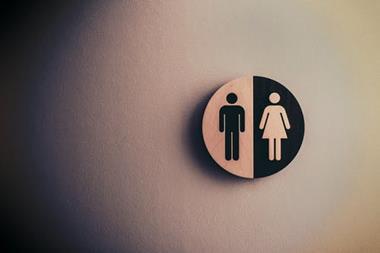The Swedish pensions agency said in a new report on gender pensions equality that adding a voluntary protection element for widowed spouses or partners to the main part of the state pension is the best idea for legislators to consider.
Kristin Kirs, analyst at the Swedish Pensions Agency (Pensionsmyndigheten) and one of the authors of a new report “Measures for more equal and equal pensions”, said: “If the legislator wants to act to get more equal pensions, the Pensions Agency considers that a voluntary survivor’s protection for income pension is the most appropriate measure to investigate further.”
The report released yesterday is the latest in a series the agency launched in November, which are aimed at contributing to “a structured discussion about possible options for the pension system and about what principles and goals it may have”.
Kirs said that financially, the standard of living often fell if one income disappeared in a couple’s household, and survivor protection could mitigate the loss of income.
“Today, it is only possible to choose survivor protection for the premium pension,” she said.
Sweden’s state pension is mainly composed of the pay-as-you-go income pension, with a smaller proportion consisting of the defined-contribution premium pension.
Outlining the problem it was setting out help solve, the authority said there had been a 22% difference between men and women in terms of the income-based general state pension they received in 2022.
It said that in the report it had examined how different measures to even out the differences could look.
Kirs said that in the debate about equal pensions, there was often a lack of discussion and analysis of measures that could be taken.
“We want to give a picture of the effects different measures would have,” she said, adding that the agency wanted the report to be used as a basis in the debate.
The problem of unequal pensions had its basis in unequal incomes between women and men during working life, it said, because the Swedish pension system was designed based on the lifetime income principle - which it said meant the whole life’s income had to be reflected in the pension.
“An unequal working life and unequal parenting will therefore result in unequal pensions,” the agency said.
To read the digital edition of IPE’s latest magazine click here





















